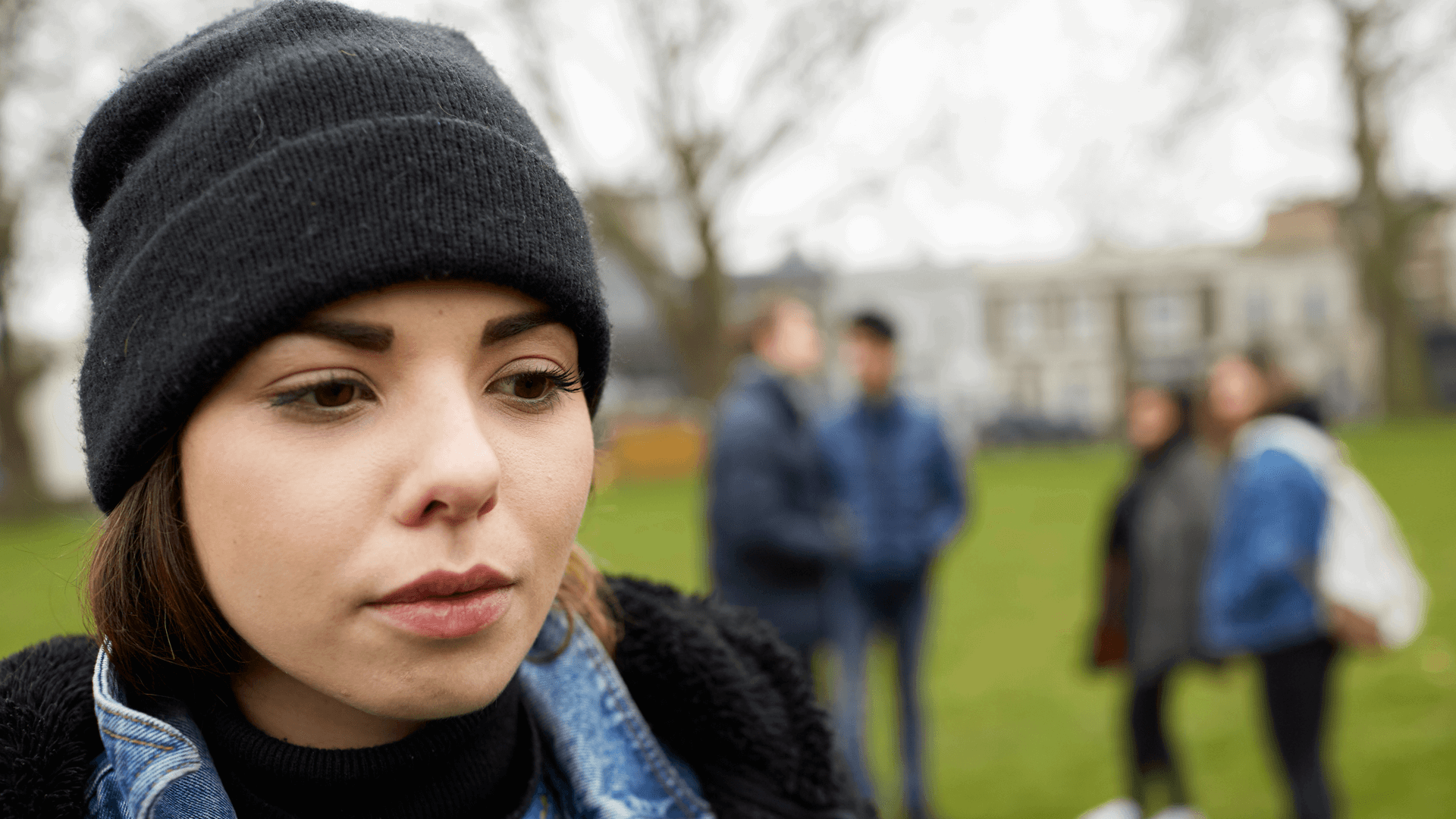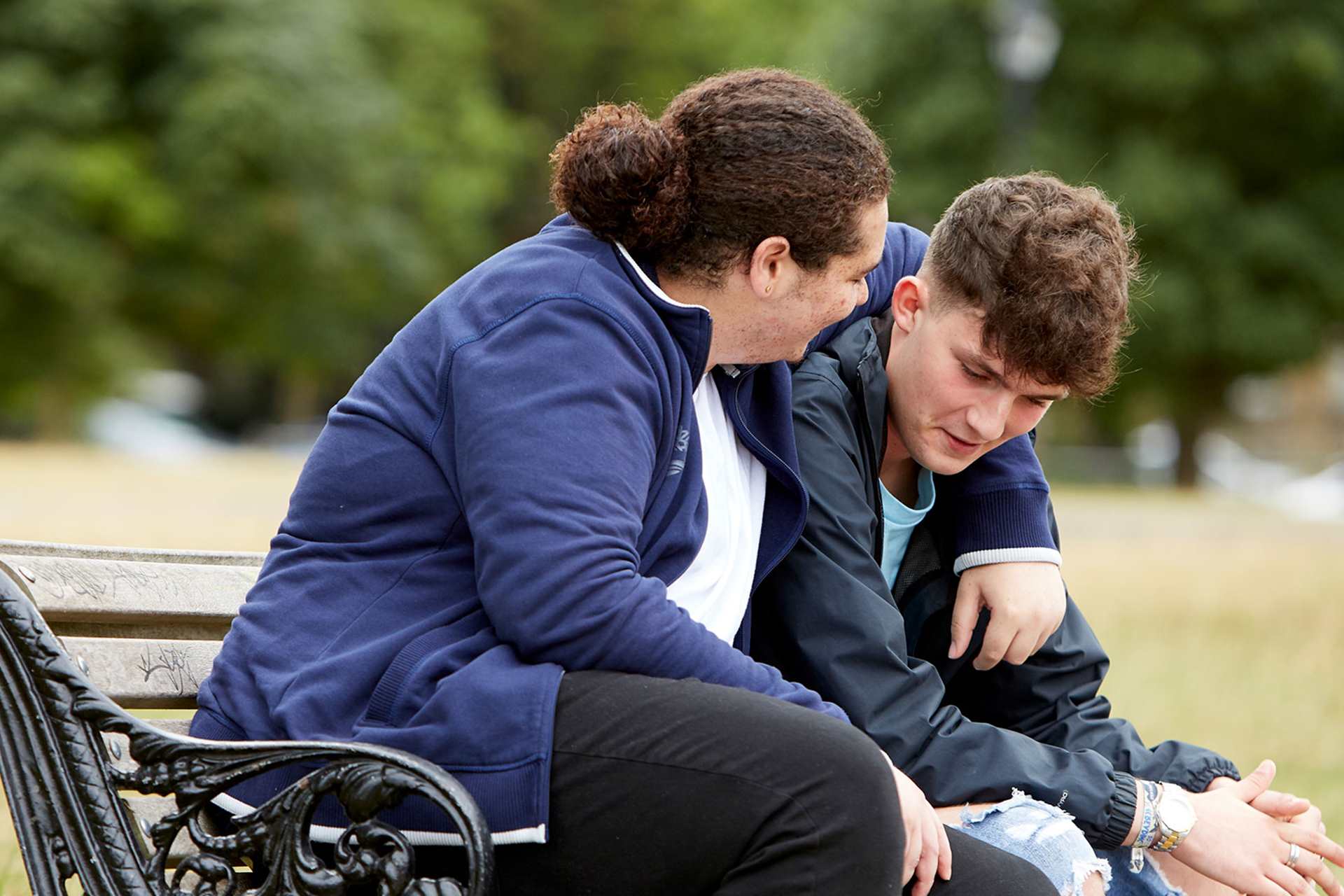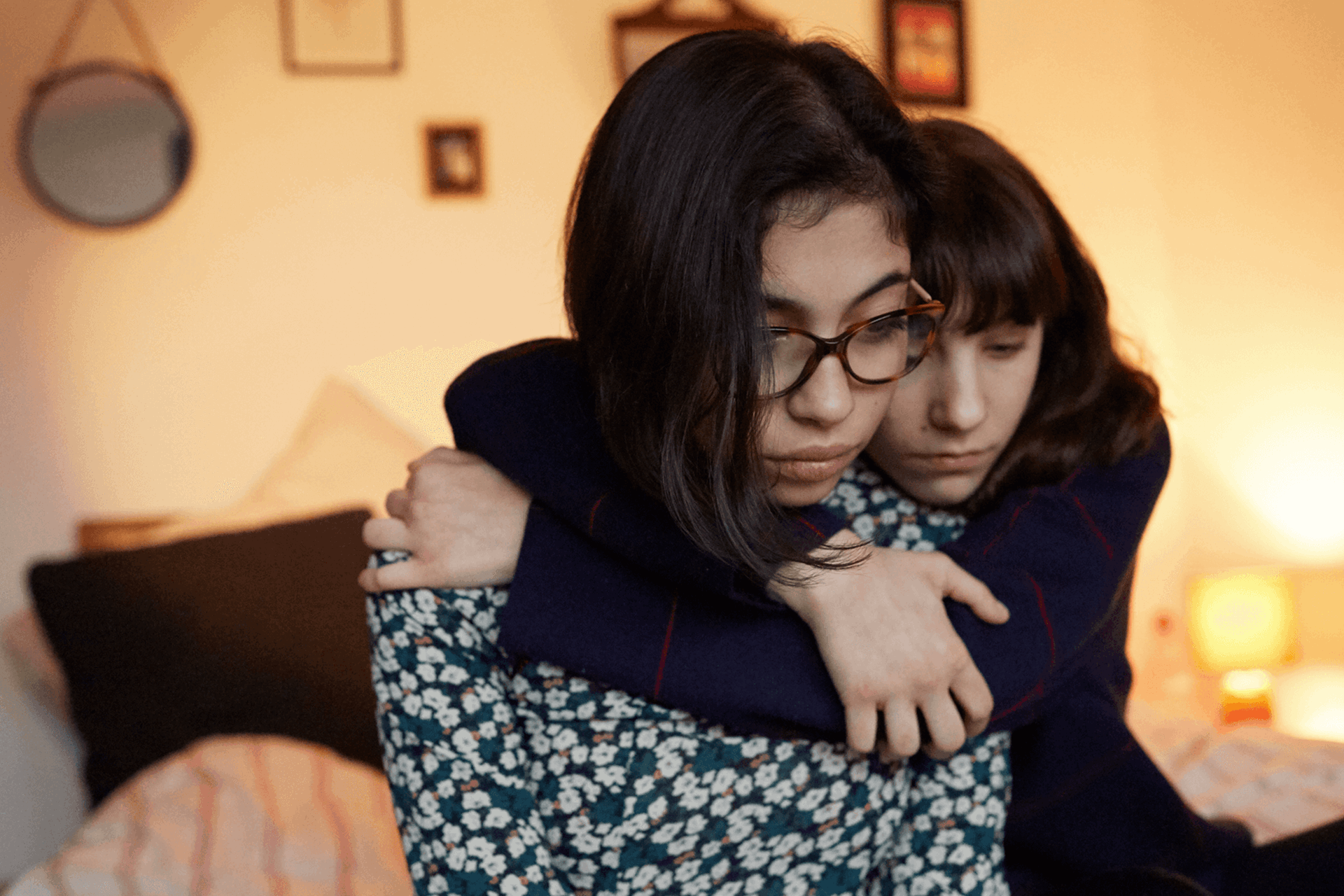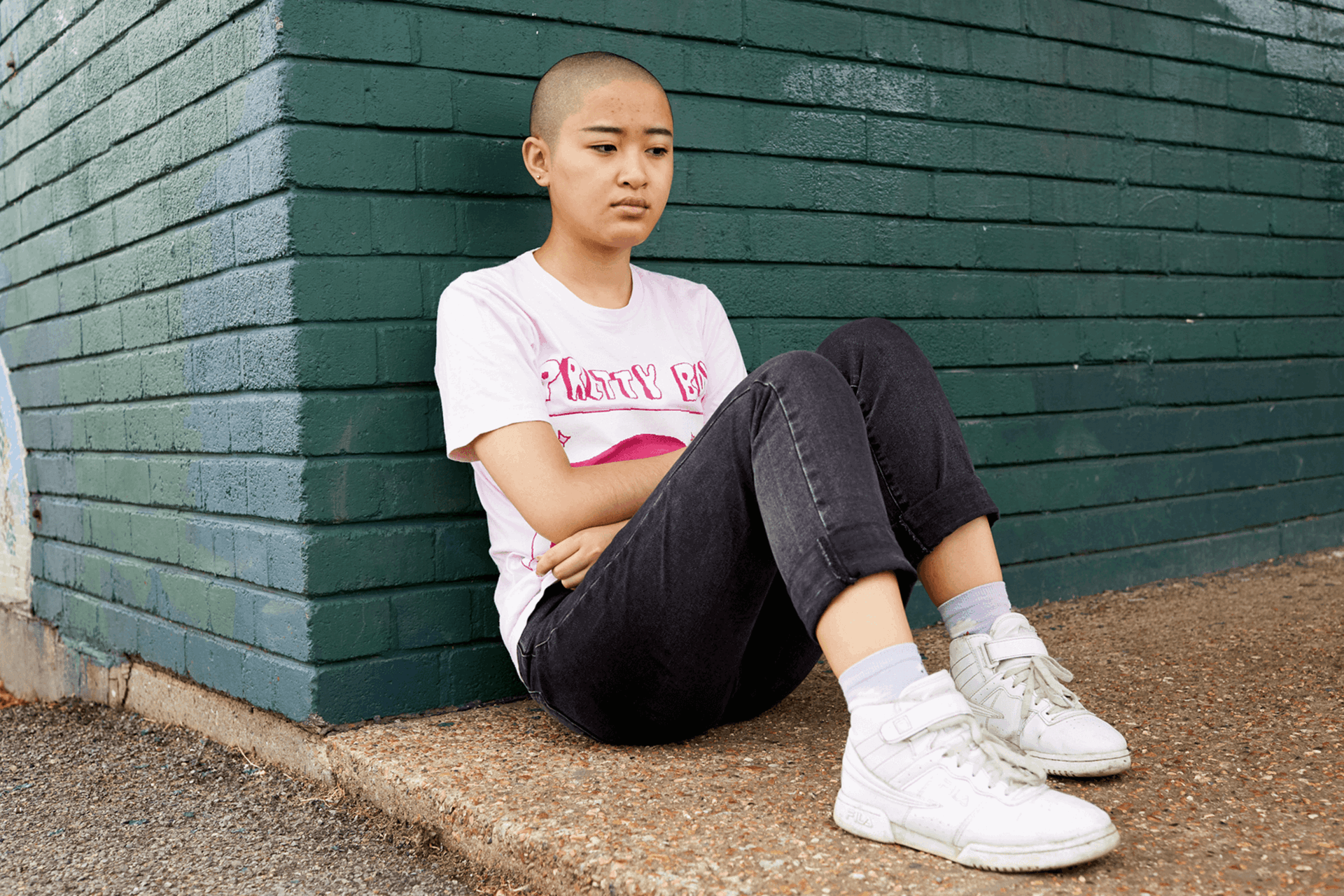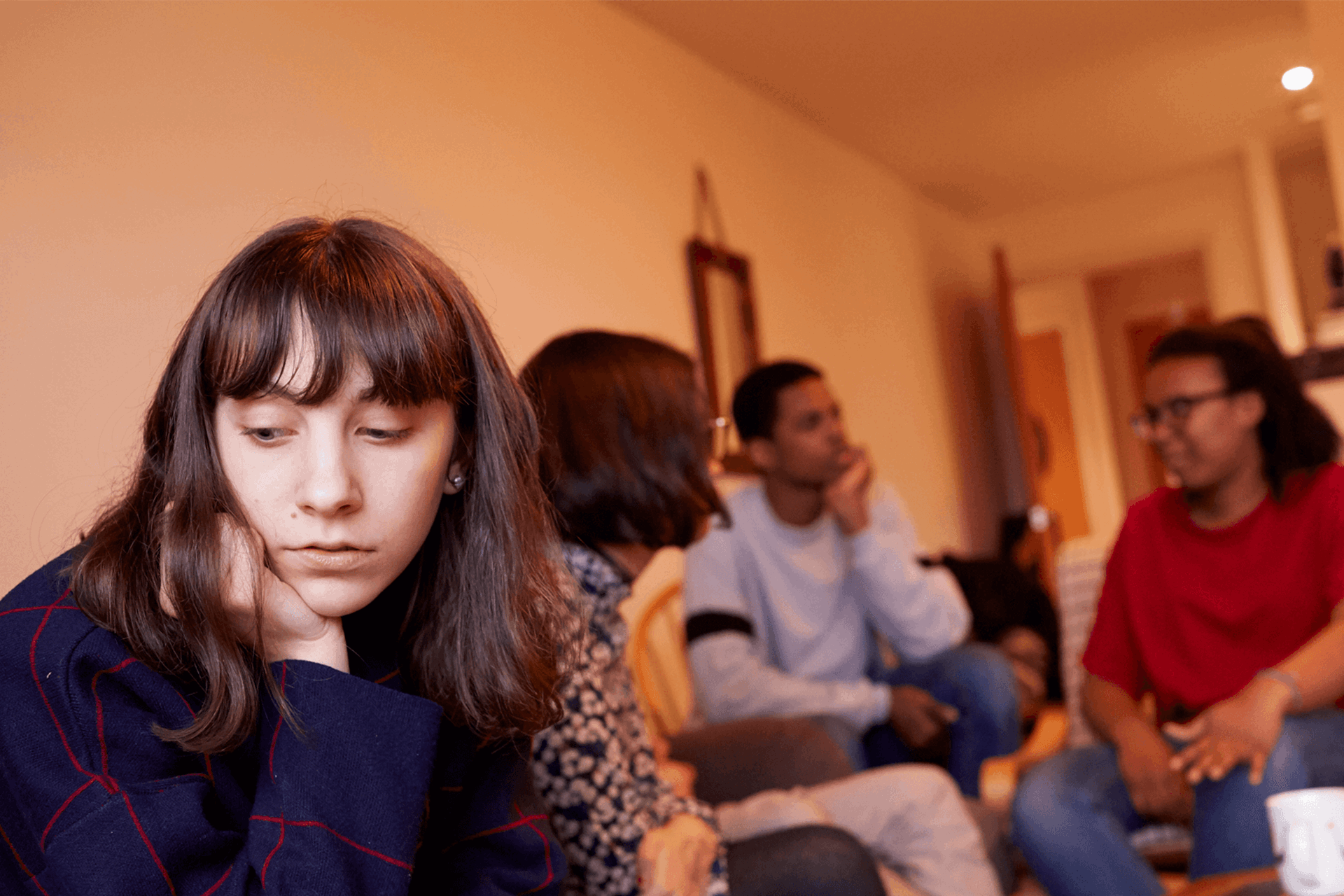Topics mentioned: eating problems, medication
About: Are you struggling with an eating disorder and wondering if medication might help? Here’s Tula’s experience of taking fluoxetine to help treat her eating disorder.
Everybody responds to medication differently. This blog only represents the author's experience. For more information, have a look at our medication pages. For medical advice, always speak to your doctor.
I felt very hopeful when being prescribed my medication because I felt like I was finally being heard.
When I developed a serious case of anorexia and obsessive exercising, it became clear that I needed help to improve my mental and physical health.
My main focus was to gain body mass and get cognitive behavioural therapy (CBT) to help me deal with the vast lifestyle changes I needed to make for my own wellbeing. Dealing with all the changes to my body caused me mental turmoil and led to episodes of depression and anxiety.
My mood had become heavily dependent upon a great deal of exercise, so taking that away, alongside the trauma of finally processing what had been happening, made coping extremely difficult for me. I was finally admitted to see an eating disorders specialist who prescribed me fluoxetine.
It leaves me feeling still human, still me, just in a world which is a little easier than before.
My experience of taking fluoxetine
The aim was to level out my moods, make me less inclined to fall into bulimic behaviour, and to be able to deal with bulimic episodes more calmly if they did occur.
I felt very hopeful when being prescribed my medication because I felt like I was finally being heard. I felt reassured by the knowledge that I had medication to help me get better.
I began taking one tablet every other day for two weeks to ease myself in, and then a tablet a day after that. I felt better instantly. I can't say whether this was partly thanks to finally being diagnosed, leaving me feeling much more optimistic, or just the medication itself. But I was feeling better, and that was all that mattered.
Fluoxetine does give me a sort of 'high' or state of euphoria, but it prevents me from getting so down. This is great because it leaves me feeling still human, still me, just in a world which is a little easier than before, when everything felt so hideous.
It has not offered any magic solution to my disordered eating, but it has certainly helped.
The only downfall with the medication for me was that it gave me a dry mouth, but this was manageable. After a couple of months, I hit a particularly stressful time in my life, during which my bulimic tendencies crept back in.
I was thrown, having thought before that fluoxetine had cured me. As my health got worse, my fluoxetine dosage was increased.
It has not offered any magic solution to my disordered eating, but it has certainly helped make my recovery a lot easier to handle. I have felt that taking the medication has had few downfalls.
Drinking alcohol along with antidepressants is not a good idea and I do think this has affected my social life, as not drinking has made me feel alienated at parties. However, this has not just been a result of taking the medication. When I have been depressed there would be no chance of catching me on the dance floor.
Feeling better should be prioritised before anything else.
It is really important for me to remember that feeling better should be prioritised before anything else. I would recommend informing close friends and family that you are taking medication, so that they understand why you are perhaps less social than before, and can make an effort to see you in alcohol-free environments.
A positive result of this has been being motivated to meet friends to spend quality time with, rather than simply socialising through mindless partying.
My illness has distanced me from some people, but drawn me closer to others. In times of hardship, you will truly see who the best people to surround yourself with are.
Questions about mental health medication?
If you would like to know more about the different types of mental health medication you could be prescribed, how they help and what the side effects could be, have a look at our guide to medications.
Where to get help
However you're feeling, there are people who can help you if you are struggling. Here are some services that can support you.
-
Beat
Offers information and support for anybody affected by eating disorders.
One-to-one web chat available. They also run a range of online support groups, which are all fully moderated and anonymous.
Enter your postcode in the HelpFinder to see what eating disorder support is available in your area.
View their information on helpline accessibility and confidentiality.
- Opening times:
- 365 days a year - weekdays (9am - 8pm); weekends (4pm - 8pm)
-
Childline
If you’re under 19 you can confidentially call, chat online or email about any problem big or small.
Sign up for a free Childline locker (real name or email address not needed) to use their free 1-2-1 counsellor chat and email support service.
Can provide a BSL interpreter if you are deaf or hearing-impaired.
Hosts online message boards where you can share your experiences, have fun and get support from other young people in similar situations.
- Opening times:
- 24/7
